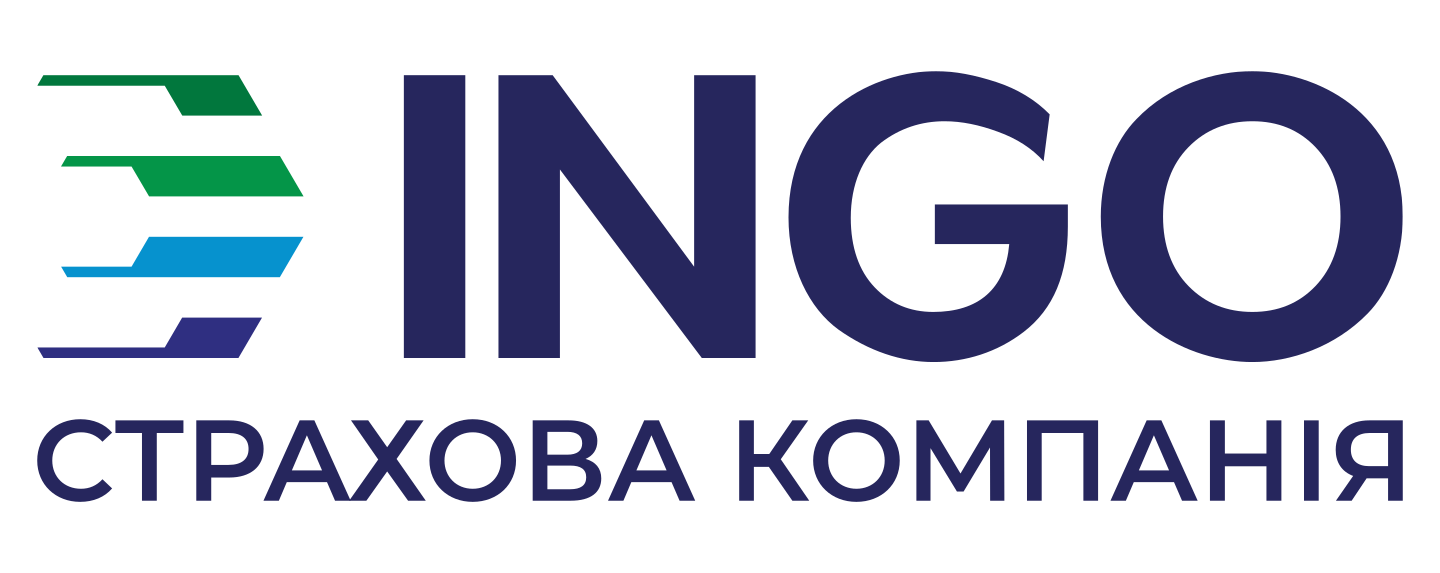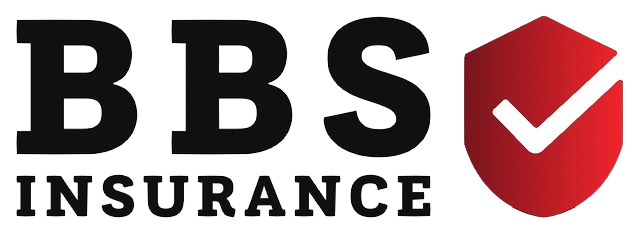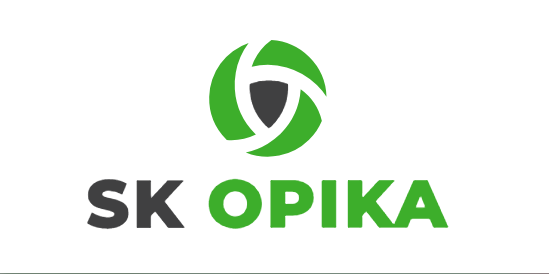ATTENTION! At 00:00 the MTIBU database will be updated. Please start concluding the contract after 00:00

13.06.2017
2116
Exclusive interview with Denis Yastreb, member of the National Commission for Financial Services Market Regulation
Given the original language
Answer: I divide insurance companies into groups: some are trying, developing something, some are successful, some are not. The second part are those that are not trying, because that is not what they came here for. These are the ones that leave us periodically, those that operate dishonestly and tarnish the image of our entire market, everything good we're trying to do—I mean, not the commission.
If you take the full 300 companies, the good ones are in the minority, very few in number. Dealing with insurance and insurance companies every day, I can say that the names are always practically the same, both good and bad.
As for premium cuts and the reasons behind them, you can request more detailed analytical information from my colleague who oversees this area. In short, this is a reflection of objective processes that have occurred in the country.
The driving force of the Ukrainian insurance market is compulsory motor third-party liability insurance, and its example illustrates what awaits everyone in the future—an increase in the frequency of insured events, the size of losses, and insurance payments. This year, our payments for life and health care, as well as those related to the death of the injured party, will increase significantly due to the increase in the minimum wage to UAH 3,200. Previously, they paid UAH 12,000 for a monument, but now it will be three times more. Payments for moral damages will also increase. Of course, this figure is currently very low, and this is deplorable, but we expect it to increase.
Answer: If we talk about increasing the coefficients, this is a negative trend. The increase must be adequate; we must understand where companies spend money. They can spend it on payments, on their own needs, on agents, and on anything else. Therefore, first of all, we must understand where people live in luxury and work with that. This primarily concerns agency fees, and then we'll see what to do next.
The loss ratio of European insurance companies for this type of insurance is significantly higher. Ours is currently around 55%, which is certainly higher than the previous 20%-30%, and it's gradually growing due to increased payout limits, European protocols, and event frequency, but it hasn't yet reached a civilized market level.
I try to communicate frequently with the Motor Bureau and its presidium. We're trying to resolve the situation with more than one simple solution. You can't simply raise prices; that won't lead to anything. Raise them now, and in six months we'll come back to this issue again, for example, because of car registration in Kyiv and the surrounding region, etc.
Just raise them and say, "Earn more..." And whoever earns more is the one who doesn't pay, or the one who doesn't fulfill their obligations to people properly. I can only say one thing: today the commission is not ready to simply up the prices.
Answer: We are currently actively discussing the need to implement certain measures, the number and nature of which are still being discussed, which would be aimed at streamlining the agency commission market.
This is a big problem, because our agents control the insurance market, agents dictate the terms, a lot depends on them. They can cause serious problems for companies. This is very bad, the market cannot depend on agents. Relationships must be more civilized. Therefore, first and foremost, our actions will be related to agency commission.
Answer: Yes, such a registry exists, and information is entered into it. But the information is entered by the insurance company, which undertakes to train them. This is, in fact, a formality. We are currently considering how to change this to prevent stress in the market. There should be no crazy revolution; there should be planned actions that will be adequate for both companies and agents.
A revolution could lead to some insurers being forced to leave the market. And how can we leave? We don't have a normal guarantee function, and we will again face the same problems. I don't want that.
We managed to agree at the Motor Bureau to partially unblock the Funds' money for payments to victims before the insurer is declared bankrupt, and this produced positive results. But this is not enough. It is wrong that full payments can only be made after the company's official bankruptcy. This situation needs to be changed at the legislative level, but bills related to warranty functions haven't passed parliament; they've been registered and are waiting their turn, so we'll have to come up with something else.
I can't talk about these plans openly right now because they're still in development and subject to change. However, I can say that the work is very active, and I can already see some kind of final outcome, more or less, but it will depend on the response of the Motor Bureau and the insurers. So, we'll see.
In order to take concrete steps regarding agency fees, etc. We must prepare a safety net to avoid the problem of defrauded policyholders.
Our problem is also that if a government decision is made, such as a Cabinet of Ministers resolution regulating the amount of agency fees—no more than 10% for individuals and no more than 20% for legal entities—a ton of ideas immediately arise on how to circumvent this rule.
Answer: I think we will definitely propose this by the end of the year. I think we will propose a mechanism for reducing agency fees. I really hope that this method will be lenient for insurers, and I really hope that insurers will be able to unite to achieve this goal. I don't believe they like paying a lot of money to agents. I'm sure no one likes it, and to a greater extent, the shareholders don't like it. When they show turnover of UAH 300 million, which doesn't even show a profit. Why do we need such a business? I think we will definitely offer it this year, and what's more, I really hope we will even launch it.
Answer: This year, many decisions are devoted to electronic policies and preparation for them. A number of activities were planned, and now their implementation and monitoring will take place. This year, we have already encountered the fact that working online requires extensive clarification.
The commission must show the right path to take. Currently, concluding contracts online without the participation of "live" signatures is what global business is built on.
The first pilot projects were in the banking system. In our market, not only insurers but also financial companies that provide loans have adopted the banking model, but it is complex and does not always comply with our legislation.
The model we offer with the electronic MTPL policy and the one stipulated in the law on e-commerce are much simpler and more understandable. Our task this year is to explain and inform the market.
How did we arrive at the electronic MTPL policy? For this type of insurance, there is only a regulation according to which the commission establishes the specifics of concluding these contracts. The Law on Insurance and Financial Services establishes clear contract parameters and the mandatory signature. The Civil Code states that it must be in writing.
However, since 2015, when the law on e-commerce was adopted, amendments have been made to the Civil Code: thus, the contract can also be secured by an electronic digital signature.
Companies that provide loans have taken advantage of this and have begun to offer online lending. It's inexpensive, fast, and convenient. However, the Commission began receiving the first complaints. That's when work on electronic policies began.
I began communicating more frequently with the managers of these companies. Having a clear understanding of how contracts, both electronic and paper, work works, I understood how it works.
There is a law on e-commerce, which states that the specifics of working on this principle in insurance must be enshrined in separate provisions in the insurance law, which currently do not exist.
This means we can fully utilize the law on commerce, which requires that a legal entity providing a service online must have the appropriate resources. There must be an information and telecommunications system that provides two functions: communication and the accumulation of information contained in contracts. This means a database and a communication interface. To conclude this contract, the company must send the potential client an offer to enter into an agreement outlining the essence and terms. If accepted, the client confirms the agreement with either an electronic digital signature, a one-time identifier, or an action, i.e., payment. Upon receiving payment, the company understands that a contract has been concluded with it, and from that moment on, it becomes effective. The company is also obligated to provide the client with 24-hour access to the contract. There are many other lower-level requirements set forth in this law, and with repeated study, they become clear.
We adopted this model when developing the electronic insurance policy. We wanted to completely transition the entire MTPL market to electronic contract registration within a year, but the Ministry of Justice did not approve this decision because the Civil Code states that a person must have a choice in how to enter into contracts. Therefore, the commission does not have the right to make a decision solely on the electronic version.
Answer: We believe that if a company does not want to work with an electronic policy, let them not work – that is their right. The main thing is that the end result is positive.
There was much discussion about what the signature should be, how to prove it, etc., and in this work we arrived at the main thing, and it does not lie in the legal realm. We must break the stereotype: after all, in essence, even paper does not provide us with protection. Insurers, the Motor Bureau, and the National Commission for Financial Services provide us with protection. After all, it's not the insurer, not the Motor Bureau, not the Commission – these are not pieces of paper; they are people who either want to do something or don't. Everything depends on our behavior. And we won't do anything if someone doesn't want to work properly.
We are currently in the pre-final stage of introducing electronic MTPL policies in Ukraine. I think we will coordinate it with government agencies within a month. The regulation will come into force three months after publication, but we still need to amend the Centralized Database of the Ministry of Internal Affairs of Ukraine (MSTBU), develop a regulation that will set out the conditions for electronic contracts. We must approve the visual form of the electronic policy and electronic sticker.
Answer:According to our plans, the availability of policies will be monitored through the database. I told insurers at the Motor Bureau meeting that the commission will be increasingly strict about the timely entry of policy information into the database. I believe that within a week we will have our first request to the Motor Bureau regarding insurers who fail to do so in a timely manner. We will begin enforcing fines. Furthermore, we have tightened the requirements for paying contributions to the MTIBU funds for late payments.
We want information on paper contracts to be entered into the Central Database as quickly as possible during the first stage of electronic policy implementation, once all documents have been accepted. Once we understand that electronic contracts are operational, we will tighten the procedure for concluding paper contracts so that information on them is entered into the database at the time of conclusion. I believe we will begin this work next year, sometime in early summer. If our electronic policy starts working in winter.
Answer: Requests to the Motor Bureau will be regular. Currently, the plan is once a month, but this may be adjusted. Fines for such actions will range from 1,700 to 17,000 UAH. For each policy or for the fact - I am not ready to answer yet, I want to see the scale of the problem.
The commission intends to monitor this process, this will affect the company's reputation, the ability to obtain a license, etc. These will be standard enforcement measures that will be applied on an ongoing basis.
We will come to the point that the policy number can only be taken from the Central Database, i.e. There will be an analogue that currently exists in the "green card".
Answer: Insurers essentially don't need to do anything to work online; they can do it now. I can say that completely using the banking market's experience in this area, interpreting it for one's own purposes, is not always correct.
Until now, all proposed schemes have been adjusted. Therefore, at the commission, we instructed the methodology department to develop an information message describing possible methods for concluding contracts, including electronic ones. We will try to explain in more understandable language how this can be done. It would be practically correct to declare the position of a government agency that this is necessary, possible, and correct. We hope that insurers will pick up on these ideas and work online. For now, I don't think this will be widespread. These will mainly be accident insurance contracts, tourism, etc.
We need to fine-tune this system. We are currently training the commission. I don't think this will become the main focus in the next couple of years, but we will get there sooner or later.
We currently have a lot of "underinsurance" on the market – these are boxed products that have low losses, but high fees in our networks. I have a negative attitude towards this; having read the terms and conditions written there, I can say that receiving insurance compensation there is quite problematic. In my opinion, this is not insurance – it is a fraud. I don't want to blame anyone, everyone tries their best, but this is our common face.
Source: Interfax-Ukraine



































































































